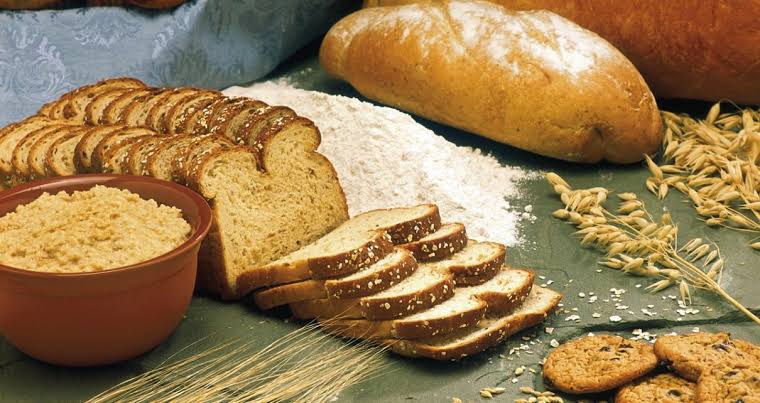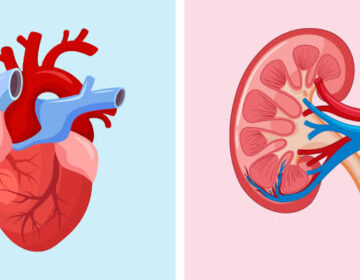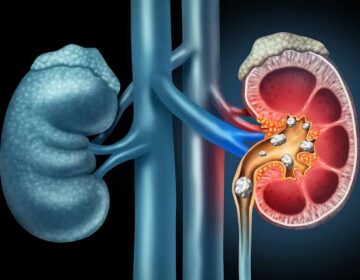Maternal exposure to emulsifiers may reshape offspring microbiota and increase inflammation risk.
A team of researchers from the Institut Pasteur and Inserm has shown through a mouse study that when mothers consume dietary emulsifiers, it can negatively affect the gut microbiota of their offspring. These microbiota disruptions are believed to significantly raise the likelihood of developing chronic inflammatory bowel diseases and obesity later in life.
The study’s findings highlight that the effects of emulsifier consumption may extend across generations, emphasizing the importance of further human studies on how early-life exposure to such food additives influences long-term health. The research was published in Nature Communications.
Emulsifiers are food additives widely used to enhance the texture and extend the shelf life of processed products, including dairy items, baked goods, ice creams, and certain powdered baby formulas. Despite their widespread use, their effects on human health—and particularly on the gut microbiota—remain poorly understood.
Under the direction of Benoit Chassaing, Inserm Research Director and Head of the Microbiome-Host Interactions Laboratory (an Inserm unit at the Institut Pasteur), researchers examined two common emulsifiers: carboxymethyl cellulose (E466) and polysorbate 80 (E433). Female mice were given these additives for ten weeks before mating and throughout pregnancy and lactation.







